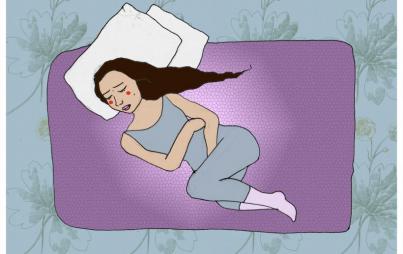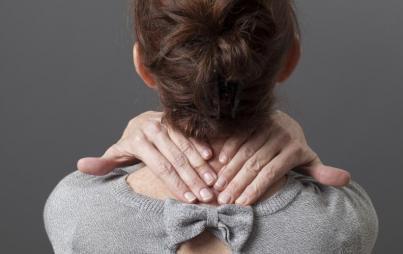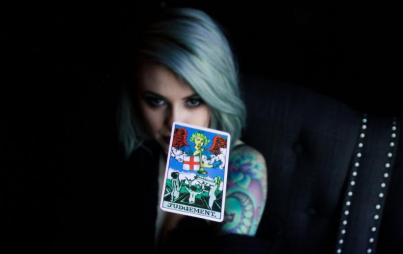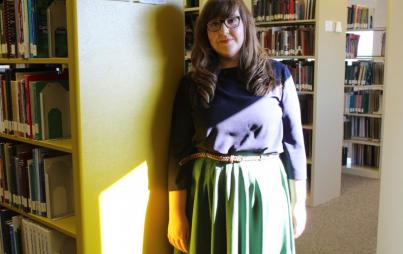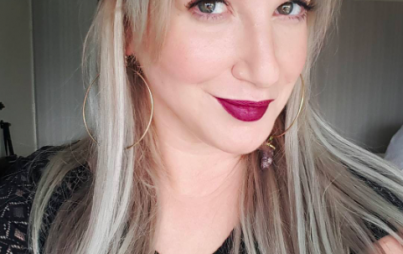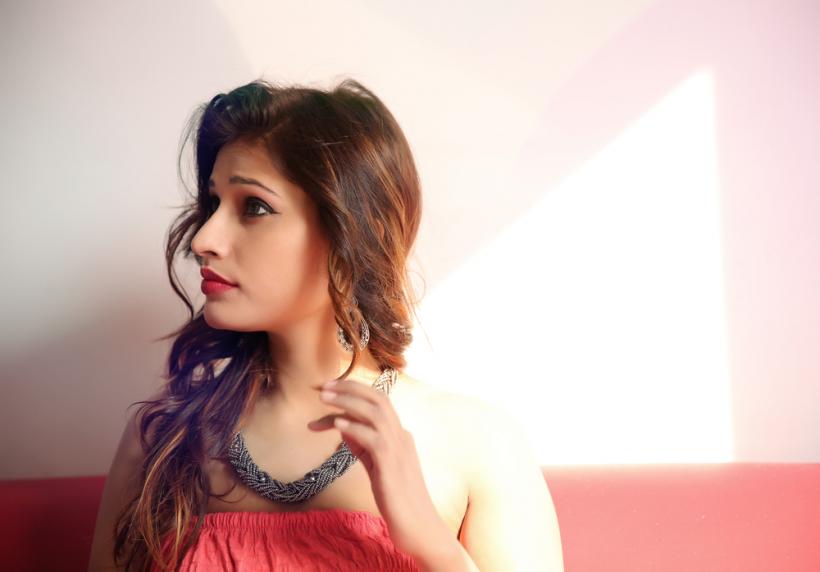
My shame ran so deep that I couldn’t admit to myself that I had a disability, even when it impeded my studies and my social experience.
I was born a sickly baby with a congenital heart defect — a hole in my heart. By the time I was five, I needed open heart surgery to close up the hole. The surgery went well enough, but an allergic reaction to a medication left me with moderate hearing loss.
Soon after my surgery, my parents and I moved from India to the U.S. When I started school, I could barely understand what teachers said in class, often missing crucial information. My parents took me to an audiologist, and it turned out that I needed hearing aids. I was lucky that my parents could afford the expensive devices, which were not covered by health insurance. But back then, hearing aids were bulky, highly visible over-the-ear models. As a recent immigrant with huge glasses, an accent, and strange clothes, I already stuck out like a sore thumb.
I desperately wanted to fit in, and hearing aids only seemed to make things worse.
The technology back then amplified all sounds, including background noise. When I wore my hearing aids, I would hear not only the teacher’s voice, but the loud rustling of papers, the AC running, or the noise of street traffic. When it was time for lunch, I could barely distinguish one friend’s voice from the din I heard around me in the cafeteria.
So, for many of my elementary and middle school years, I often took my hearing aids off and hid them away in my backpack, pretending to be “normal.” Already picked on, I was afraid to give the popular kids more reason to single me out.
My shame ran so deep that I couldn’t admit to myself that I had a disability, even when it impeded my studies and my social experience.
In class, I mostly remained silent, copying down what I could from the chalkboard. I was afraid to raise my hand to participate because I couldn’t clearly hear other students’ responses, especially when I couldn’t see their faces to lip read. How could I be sure I wasn’t repeating another classmate’s comments? Sometimes, I would misunderstand questions directed at me, and my response would embarrass me in front of the whole class.
You Might Also Like: Dating With An Invisible Illness Helped Me Learn To Love My Body
I also carried some shame about my voice; my hearing loss had left me with a lisp.
After a particularly embarrassing incident in high school, I decided to start using hearing aids regularly. Hearing aid technology had improved by then too, with smaller models that also reduced ambient noise. Truthfully, since my new hearing aids were less visible, I felt more comfortable wearing them. As I finally began to use the hearing aids, I realized how much I’d been missing out on and that ultimately, I was only holding myself back.
It was the first step in changing my perception of myself and my disability.
Slowly, I made an effort to shift my attention from what I perceived as my deficiencies to how challenges posed by hearing impairment made me a more thoughtful, compassionate, and ultimately, stronger person. I began to practice greater self-love. With newfound confidence, I was more open with friends and family about my disability. By being open about my own experiences, I tried to communicate that there was no shame.
Even though I have made strides in accepting myself, my disability is still something I struggle with daily. Now, I’m an attorney, and I often represent survivors of domestic violence in court. The work is made doubly difficult by my disability, and because it is "invisible," I continue to face an internal battle whenever I question whether to bring it up. Is disclosing going to change others’ perceptions of my competence? When is it appropriate to address my disability? I am not as self-assured as I would like, and my hearing impairment more often than not remains "invisible."
The journey from acceptance to assertiveness has not ended — it's just beginning. I know that my disability will continue to present its everyday difficulties, but I won’t let it prevent me from challenging myself or from experiencing life to the fullest. I may fail at times, but in the process, I know I will grow.



